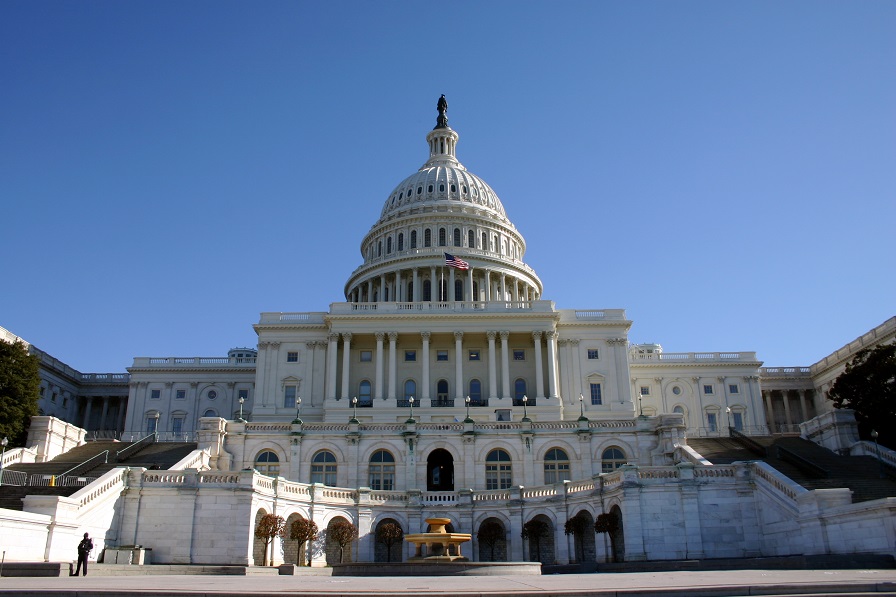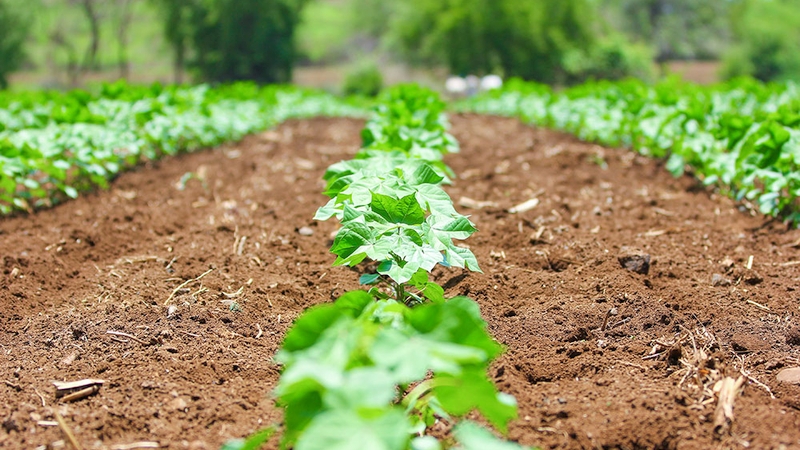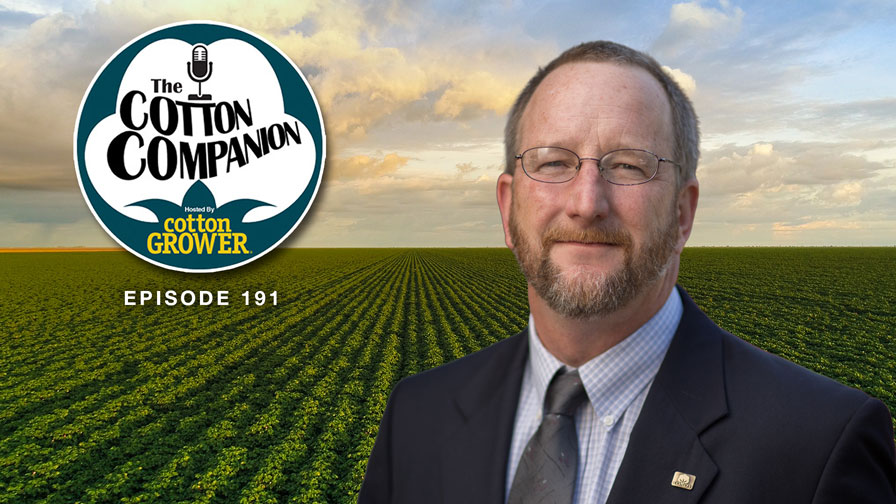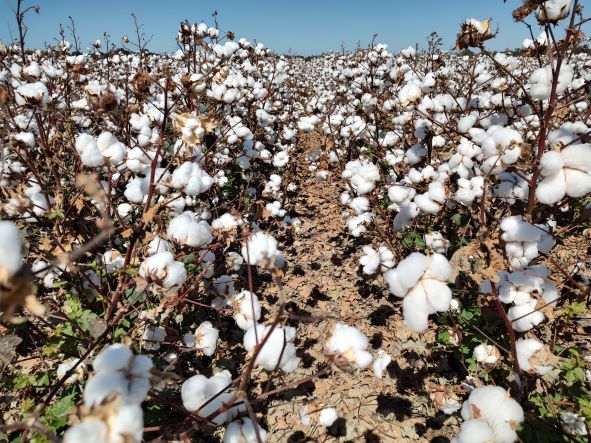Global Study Shows Government Subsidies On the Rise
U.S. agriculture subsidies may get lambasted by the international press for suppressing farm prices abroad, but a study by Texas Tech University economists finds that developing countries are equally, if not more, prone to protecting their agricultural sectors.
Researchers in Texas Tech’s Cotton Economics Research Institute studied the agricultural subsidies and protection applied by 21 countries to seven major crops: corn, cotton, rice, sorghum, soybeans, sugar and wheat.
The resulting report, Crop Subsidies in Foreign Countries: Different Paths to Common Goals, found that while policy tools employed by governments may differ, agricultural support is increasing not only in industrialized countries such as the U.S. or Australia, but in developing economies such as those of China or Brazil.
“U.S. agriculture has been openly criticized by international organizations and eminent academicians for its subsidies and protection programs,” study authors wrote. “Overall, the study concludes that agriculture has a special status in both developed and developing countries with a wide variety of subsidy and protection instruments in place.”
Developing countries employ higher tariff protection than their industrialized peers, researchers found, and also tend to supplement their price support program with input subsidies, which are excluded from World Trade Organization support calculations but still distort trade.
Click here to access the full report.
Funding for the research was provided by the Cooperative State Research, Education and Extension Service, USDA through the International Cotton Research Center and Texas Tech’s Larry Combest Chair of Agricultural Competitiveness.









